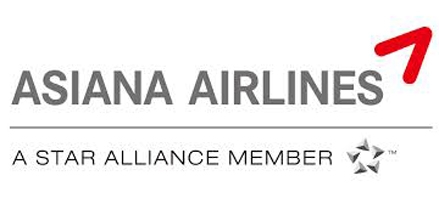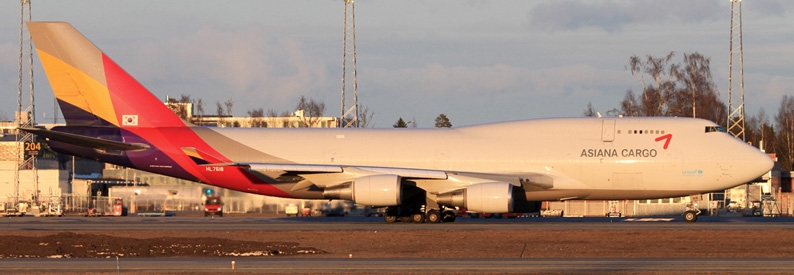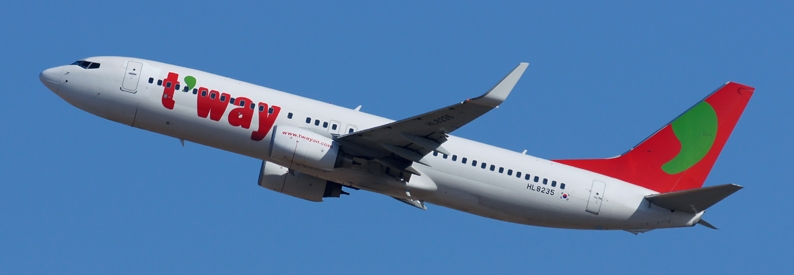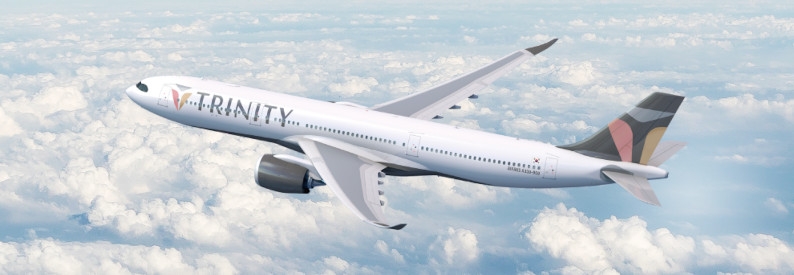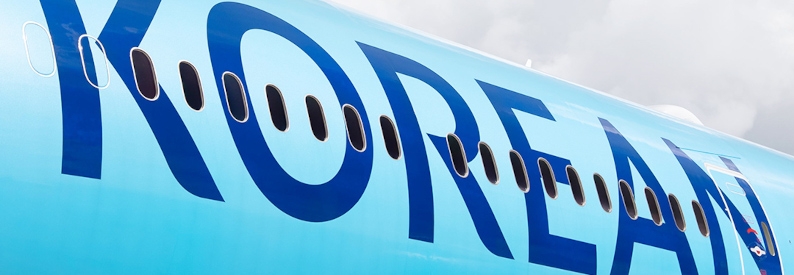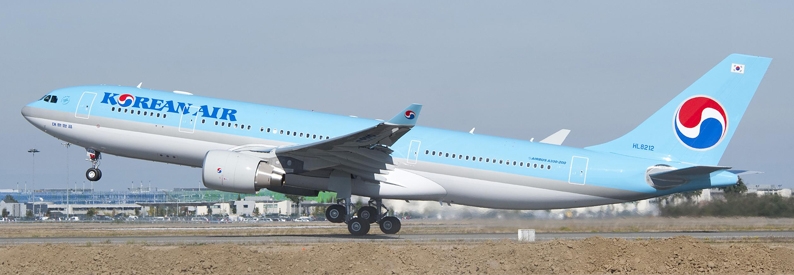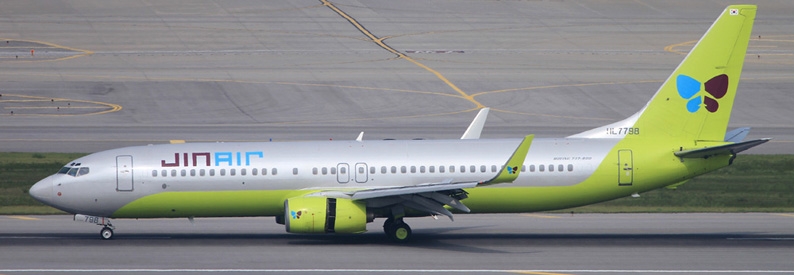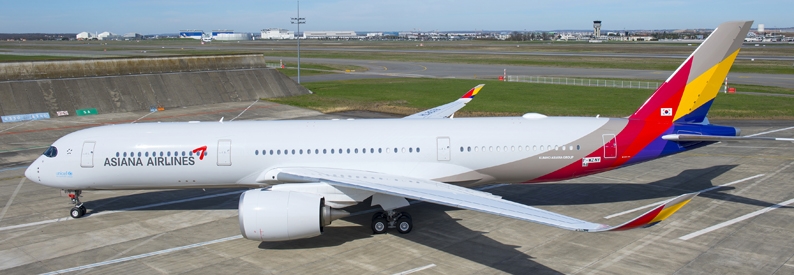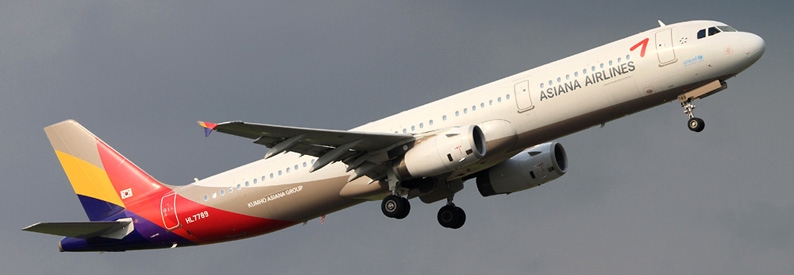South Korea’s Fair Trade Commission (FTC) has tentatively given its conditional approval to the proposed merger between Asiana Airlines (OZ, Seoul Incheon) and Korean Air (KE, Seoul Incheon) but warned that some airport slots may have to be relinquished as competition is impacted on certain routes.
In what was a rare ahead-of-decision announcement for the authority, done in order to ease speculation about the deal, the FTC released a report on December 29 revealing that it was granting conditional approval to the flag carrier’s acquisition of 63.88% of its longtime rival. Korean Air Lines agreed to buy the stake in November 2020.
The regulator had warned in early October that a combination of the country’s two biggest airline groups was likely to restrict competition.
The FTC said it had reviewed 250 routes operated by the two airlines and their low-cost subsidiaries Air Busan, Air Seoul, and Jin Air. Of these, 10 will become monopolised as the two entities merge - those linking Seoul Incheon with Los Angeles International, New York JFK, Barcelona El Prat, Zhangjiajie Hehua, Koror (Palau), Phnom Penh, Seattle Tacoma International, and Sydney Kingsford Smith, and between Busan and both Nagoya Chubu and Qingdao Jiaodong.
The authority claimed to have studied market share, the existence of rivals and their capacity, and the possibility of new entrants to the market in order to judge the potential threat to the market the super-sized airline could pose.
“A redistribution of slots will allow other airlines to operate routes,” FTC spokeswoman Min Hye-young explained, adding that a final decision on the merger will be made in late January or early February.
Korean Air, which has argued that slots are vital to its competitiveness, is also still awaiting approvals from seven other jurisdictions: Australia, China, the European Union, Japan, Singapore, the United Kingdom, and the United States. Malaysia, Taiwan, Turkey, and Vietnam have given the deal the green light.
In related news, Korean Air has managed to secure KRW557.8 billion won (USD471 million) by selling a 36,640-square-metre plot of land and a building in Songhyeon-dong, central Seoul, to the government-owned public housing developer Korea Land & Housing Corporation, it said in a regulatory filing. It first announced it was selling this and other non-core assets in February 2020.
Korean Air had acquired the site from Samsung Life Insurance in 2009, aiming to develop a cultural complex, but this was never built due to numerous planning hurdles. The housing developer has said it will swap the site with the real estate of the Seoul Medical Centre, which is owned by the city municipality, Yonhap News Agency reported.
- Type
- Base
- Aircraft
- Destinations
- Routes
- Daily Flights
